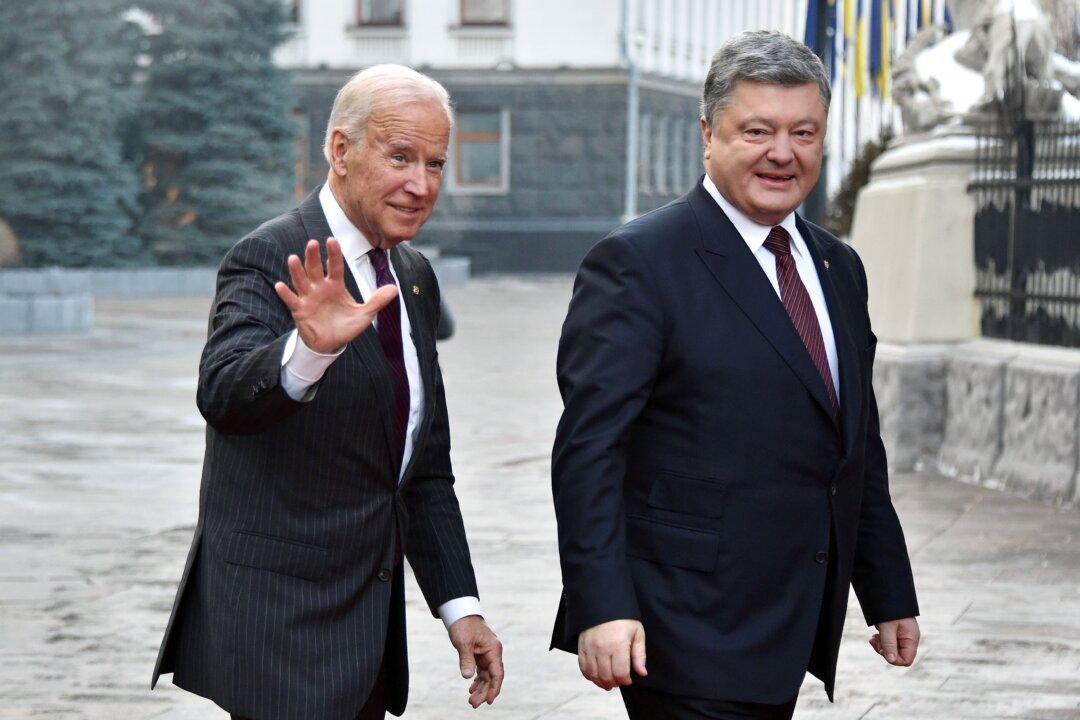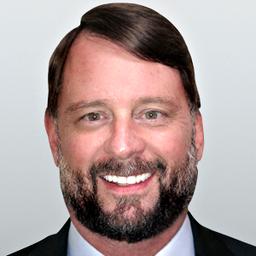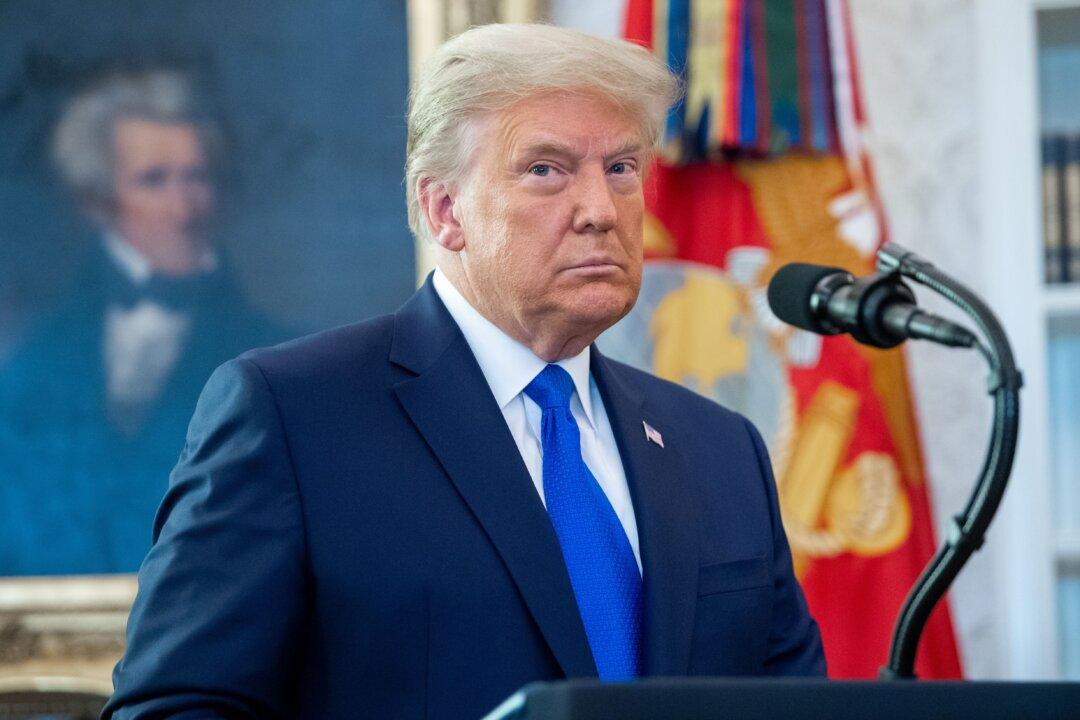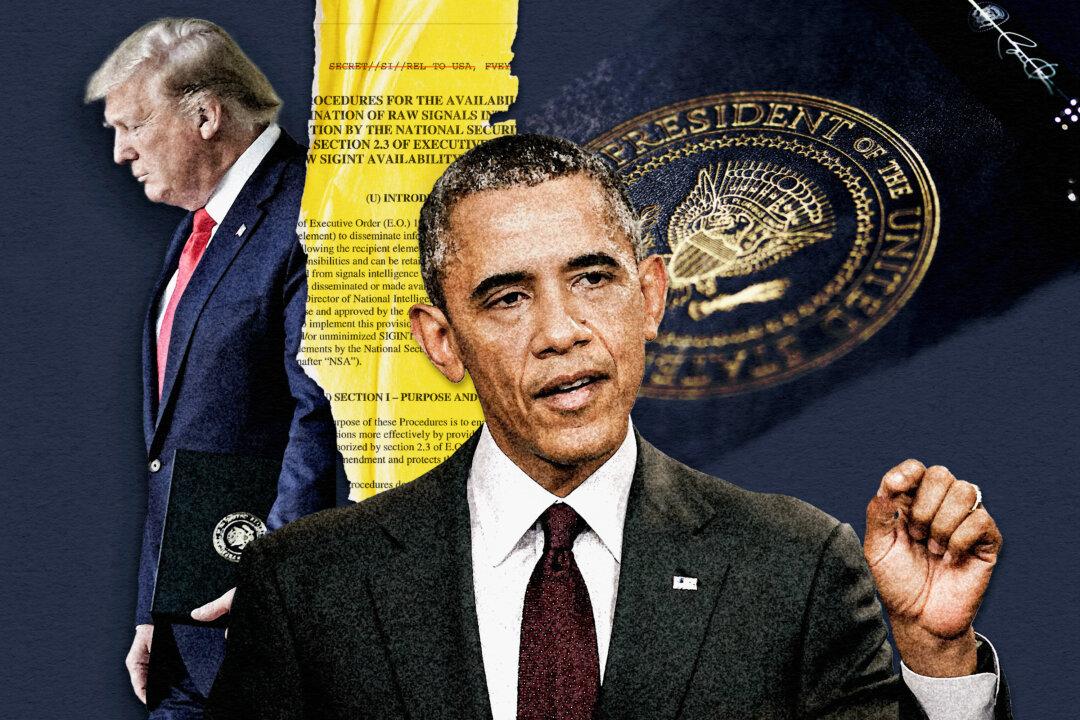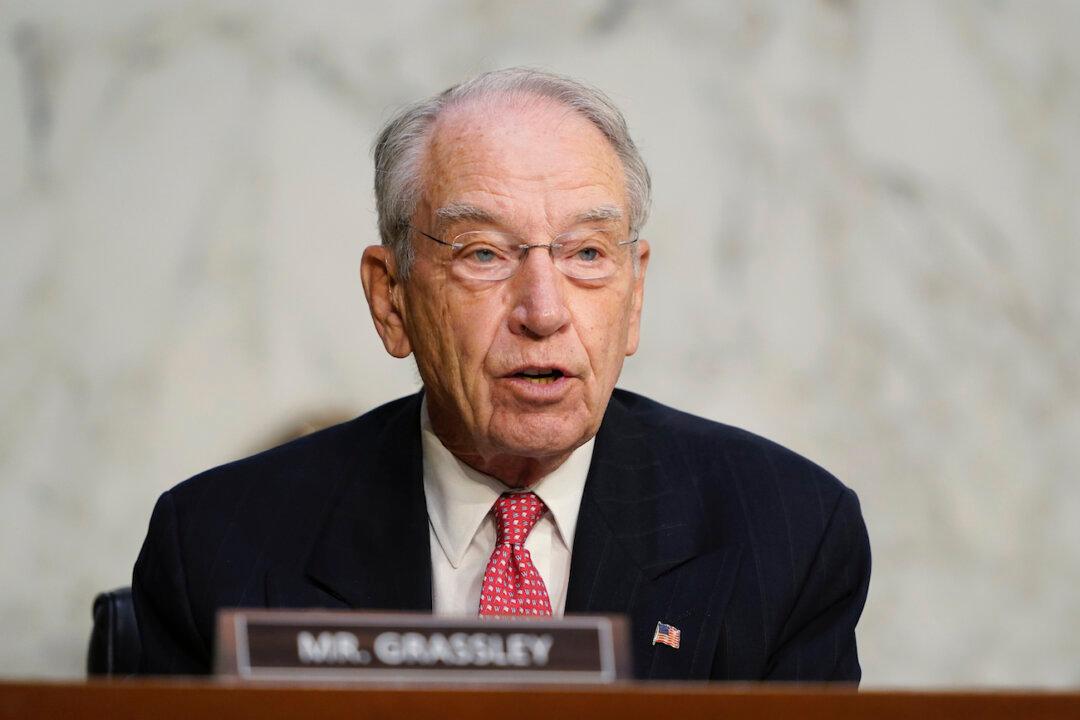As Ukraine underwent dramatic changes in 2014, U.S. Vice President Joe Biden played a critical role in the Obama administration’s involvement in the revolution that ousted Ukrainian President Viktor Yanukovych.
Following the revolution, Biden would use his influence to help force the creation of the troubled National Anti-Corruption Bureau (NABU). Notably, during the 2016 election campaign, information leaked from NABU about Trump campaign manager Paul Manafort that helped to create the false narrative that Trump colluded with Russia to win the election.
